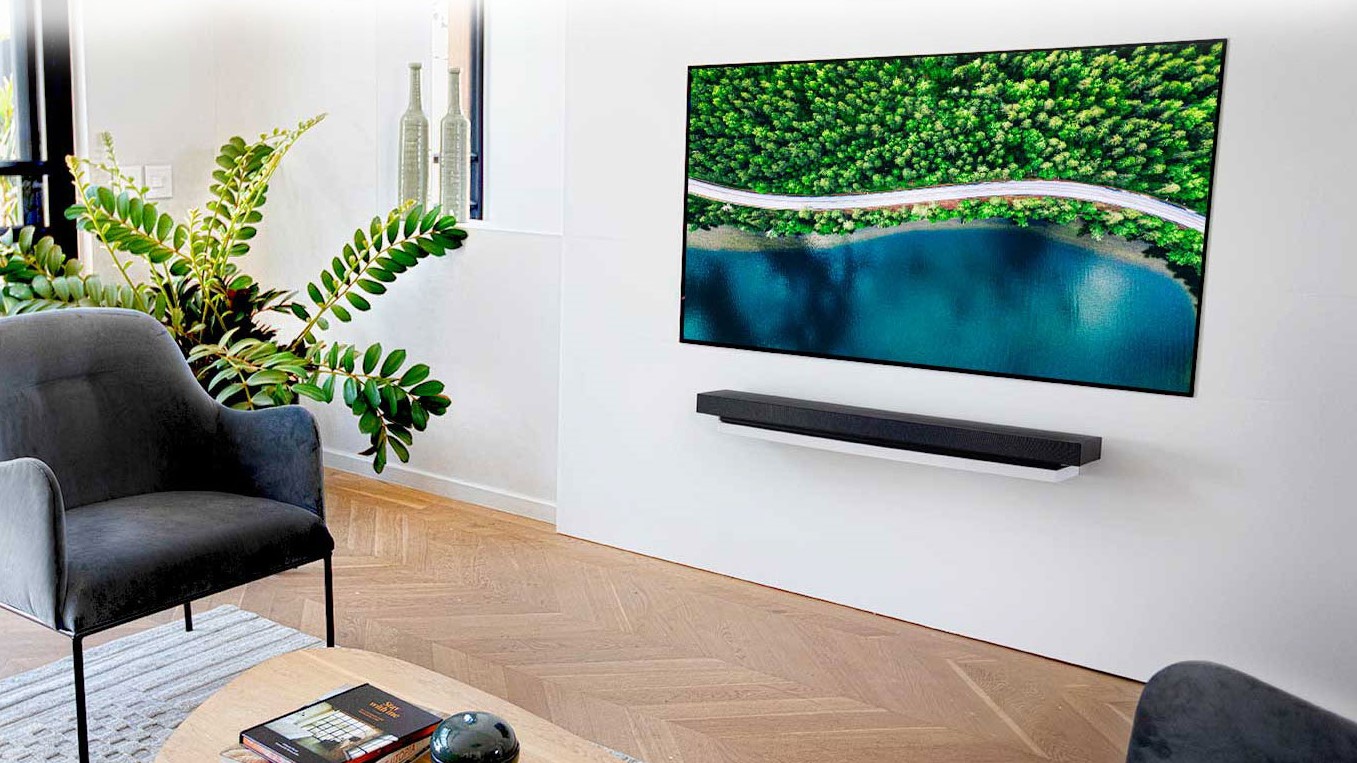New LG OLED TVs are 'glare free' – but does it matter?
A glaring omission

Sign up for breaking news, reviews, opinion, top tech deals, and more.
You are now subscribed
Your newsletter sign-up was successful
LG OLED TVs are the first television displays to receive a 'discomfort glare free' certification, with the global safety science company Underwriters Laboratories (UL) confirming that LG's displays emit no glare – something that should help to reduce eye tiredness and fatigue.
A press release from LG states that: "Discomfort glare causes eyes to get tired easily due to stark differences in brightness. A typical example is the discomfort a viewer might feel when watching a bright smartphone screen in a dark bedroom.
"In an industry first, LG Display’s OLED TV panels have been recognized as the first display that emits no glare."
- Here are the best LG TVs
- And the best OLED TVs too
- OLED vs QLED: which is a better choice?
UL's testing uses something called the Unified Glare Rating (UGR), an international standard that designates the level of reflective glare.
The Royal National Institute of Blind People (RNIB) states that glare is "where bright or reflected light can affect our ability to see or is uncomfortable to look at. Many people with low vision need more light than usual to read. However, too much or the wrong sort of light can cause problems with glare."
The benefits of OLED panel's self-emissive pixels means that overall brightness is quite low compared to the average LCD or QLED screen, but it does appear to have helped remove glare from the equation – so that's something to keep in mind when opting for a new television.
An eye for an eye
Eye health is becoming more of a hot topic for TV manufacturers these days, and it's unsurprising to see LG seek out official certification for OLED's benefits.
Sign up for breaking news, reviews, opinion, top tech deals, and more.
TVs are getting bigger and brighter than ever before, and many shoppers may be conscious of the impact of long viewing sessions on their retinas – including the effect of blue light with LCD screens.
Last year, Samsung was awarded two separate safety certifications for its 4K and 8K TVs. According to Samsung, US-based Underwriters Laboratories has classified both sets as being “no photobiological LED hazard”, while the German Verband Deutscher Elektrotechniker has granted them an “eye safety certification".
Chinese manufacturer TCL also met the requirements of the EyeSafe Display Standard, lowering the risk of high blue light emission that could negatively impact your eyes. A press release for the announcement called the EyeSafe Display Standard ”the most advanced health and safety requirement for protecting users’ eyes from the most toxic regions of blue light while maintaining color integrity.”
It's reassuring to see TV makers taking the issue seriously, especially at a time when sales of second screens have risen, and the average home has more screens than ever, from TVs and smartphones to laptops and smart displays.
Samsung and TCL don't have 'glare free' certification, though, and we don't expect that will happen for their bright LCD televisions.
Of course, one of the safest ways to protect your eyes is probably to vary your viewing distance throughout the day – desk workers like yours truly are recommended to look out at a distance of 20 feet, for 20 seconds, every 20 minutes, which is something we occasionally remember to do (via NHS).
- Want to see what else LG has? Here's the entire LG TV 2021 catalogue

Henry is a freelance technology journalist, and former News & Features Editor for TechRadar, where he specialized in home entertainment gadgets such as TVs, projectors, soundbars, and smart speakers. Other bylines include Edge, T3, iMore, GamesRadar, NBC News, Healthline, and The Times.